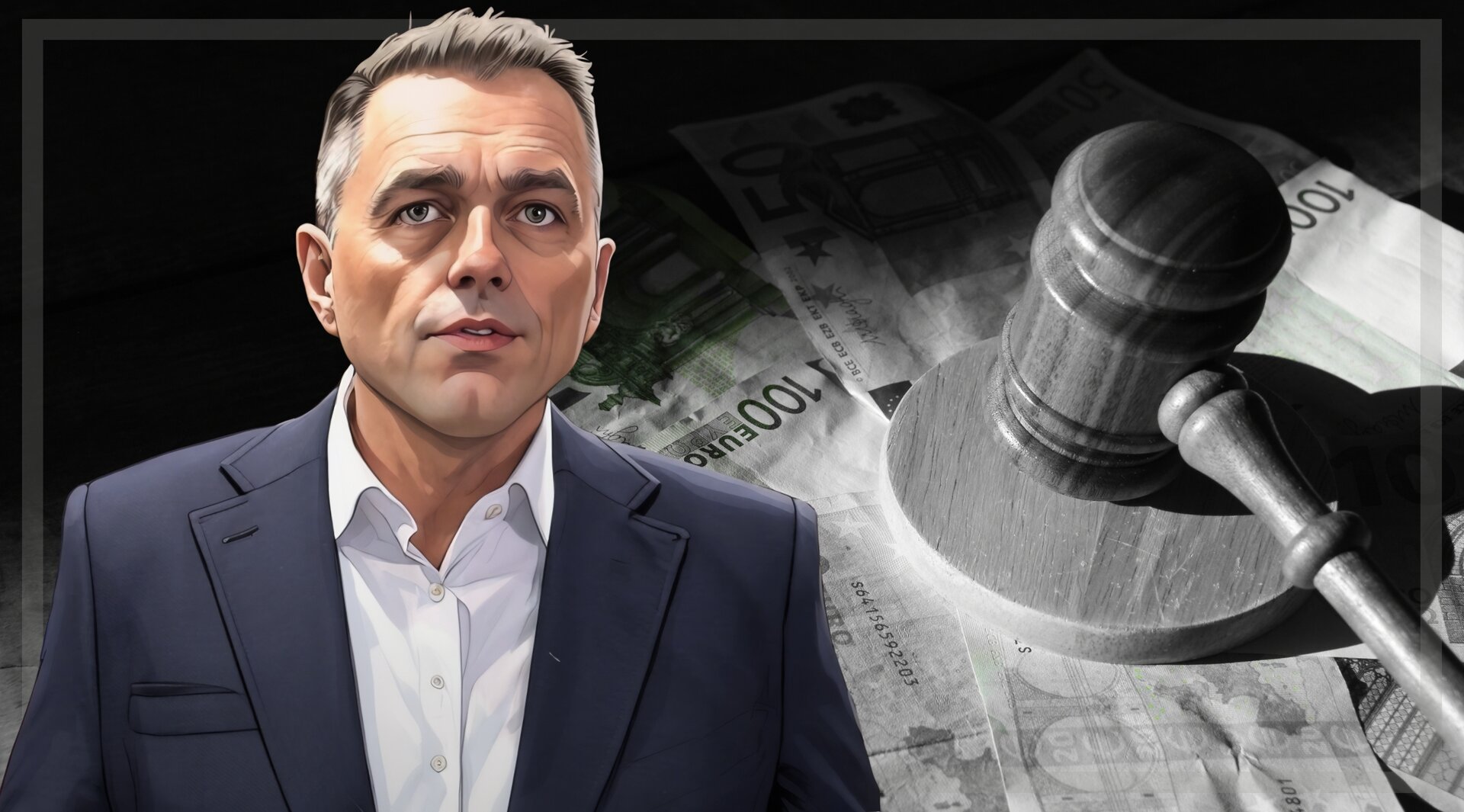2025 has been a great year for the Euro. The currency has strengthened significantly against the U.S. dollar so far this year. However, the future is not so clear as the ECB would like. It’s not just trade tariffs with the U.S. that is causing the uncertainty, there are other challenges that the Euro is facing.
Recently we brought you stories about the Polish and Hungarian central bank heads. Neither country has adopted the Euro yet, but their common neighbour Slovakia has. They share a common history and have similar challenges to face regarding the rise of populism. But, as it has adopted the Euro, Slovakia’s central bank works differently.
Today the Governing Council of the ECB: monetary policy meeting takes place in Frankfurt. Attendees include the President, Christine Lagarde, and the Vice-President of the ECB and the governors of the national central banks of the EU member states.
However, will the head of the Slovakian central bank be warmly welcomed if he attends?
Who is the Governor of the National Bank of Slovakia, Peter Kažimír?
Many investors will be interested in finding out the rates decision of the ECB today. But there are other interested parties wondering how recent revelations that shook the National Bank of Slovakia (NBS) will affect relations between Frankfurt and Bratislava. Especially as Slovakia is within the Eurozone.
Peter Kažimír is no newcomer to finance and politics. He was chosen for the “European Finance Minister of the Year 2018” award by the Banker. In 2019 he received the GLOBSEC European Award for 2019. The prestigious award is given to exceptional individuals who have contributed to prosperity, economic stability, growth, and inclusion.
Today Kažimír is no longer winning awards. He has been convicted of bribery and fined €200,000 by a court in Bratislava. If he doesn’t pay the fine, he will have to do a 12-month stretch in jail.
European Central Bank Governing Council member Peter Kazimir was found guilty of bribery and handed a €200,000 fine https://t.co/XEx4cExfpq
— Bloomberg (@business) May 29, 2025
The central banking head has refused to resign and plans to appeal the decision. Meaning he is likely to be in Frankfurt today alongside his central banking peers.
The NBS has assured the market that it “continues to operate without restrictions and fulfils its functions to the full extent,” in a statement about the court ruling. The statement doesn’t change the fact that a convicted criminal might be attending Europe’s most important banking meeting today. Not something that anyone at the ECB particularly needs or wants.
Kažimír was found guilty of paying a senior tax official €48,000 in exchange for expediting VAT refunds for some companies while he was the Slovakian finance minister. The conviction was as part of a purge on allegedly corrupt senior officials, judges, police, and businesspeople from when Robert Fico served as Slovakian Prime Minister in 2016 to 2018.
This scandal disrupts the ECB’s efforts to project unity and trust, especially as it navigates trade tensions and rate decisions.
Are Central Banks Becoming Politicized?
Kažimír previously served as the finance minister for Slovakia. He had previously represented a party, which raises questions about impartiality and the independence of the central bank. His political ties and conviction fuel perceptions of bias, challenging the ECB’s apolitical stance.
Slovakia isn’t the only country where this situation has occurred. In May 2023 the Edelman Trust Barometer offered insights about public trust in central banks around the world. It found that central banks were not trusted in four of five global financial centres in the world. The distrust was most acute in Japan, whilst Chinese netizens have the most faith in their central bank.
In the U.S. Republican supporters distrust central banks more than Democrats, especially the politicization of government institutions.
Some countries, like Germany, have a better track record in maintaining independence, but this latest story won’t help the level of public confidence in central banking policy. Consider how it is these same institutions that set out quantitative easing strategies and interest rate policy. It makes the drop in public trust more concerning. And, ironically, it plays into the hands of populist politicians whose voter base are already distrustful of governments and central banks.
It’s yet to be seen what the ECB’s decision when it comes to rates today might be. Will the spectre of a convicted criminal participating in the decision affect wider public confidence?
Author: Andy Samu
#CentralBanking #Euro #ECB #Slovakia
See Also:
Is Hungary’s National Bank Bankrupt? | Disruption Banking
Is it Worth Investing in Poland in 2025? | Disruption Banking

















